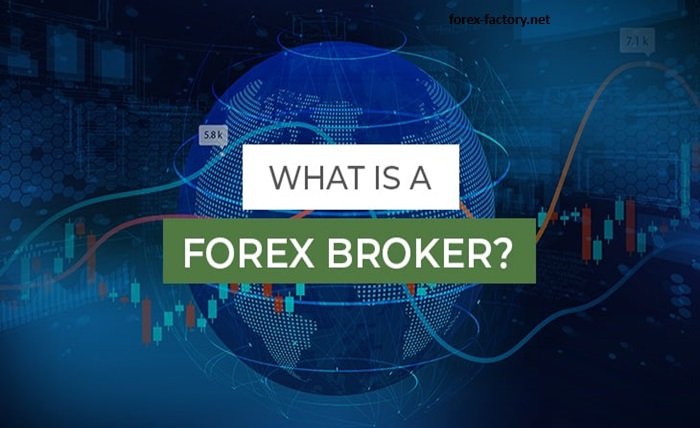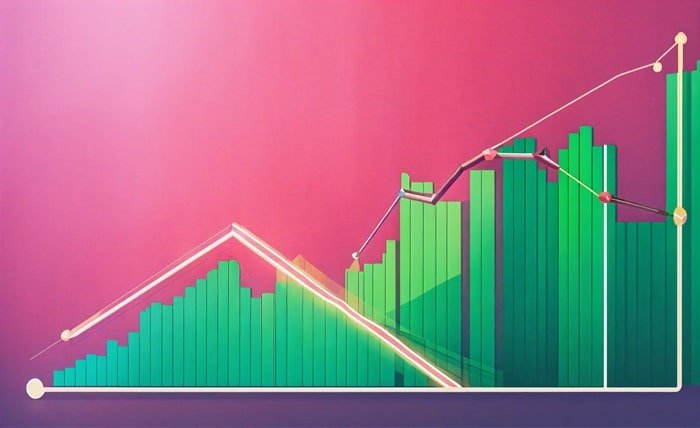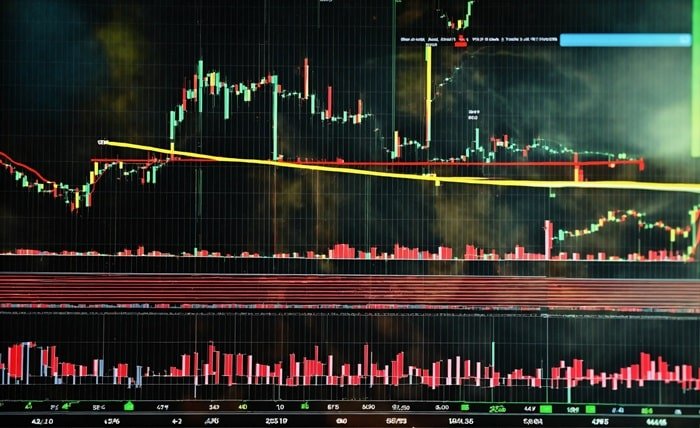The foreign exchange market, or forex for short, is the largest financial market globally. For those interested in forex trading, choosing the right broker is crucial for success. This blog post unpacks the key factors to consider when selecting a forex brokers, explores some of the top options, and helps you find the perfect fit for your trading goals.
Understanding Your Needs: What Kind of Trader Are You?
Before diving into specific brokers, take a step back and consider your trading style and experience level. Are you a beginner seeking a user-friendly platform? Or a seasoned trader needing advanced tools? Identifying your needs will guide your selection process.
Essential Factors to Consider: What Makes a Great Forex Broker?
Several key factors differentiate a good forex broker from a great one. Here are some crucial aspects to consider:
- Regulation: Ensure the broker is regulated by a reputable financial authority to protect your funds.
- Trading Platforms: Look for a user-friendly platform that suits your needs, offering the features and tools you require.
- Spreads and Commissions: Compare the spreads (the difference between the buy and sell price) and commission fees to find a cost-effective option.
- Customer Support: Reliable and responsive customer support is essential for addressing any issues you might encounter.
- Account Types: Choose a broker that offers account types aligned with your experience level and preferred deposit amounts.
- Educational Resources: Access to educational resources and market analysis can be valuable, especially for beginners.
Popular Options: Top Forex Brokers to Consider
While the “best” broker depends on individual needs, some reputable and popular options include:
- IG: Known for its user-friendly platform, educational resources, and wide range of markets.
- Pepperstone: Renowned for tight spreads, excellent customer support, and a variety of platforms.
- XM: A popular choice for beginners with low minimum deposits and user-friendly platforms.
- CMC Markets: Offers a powerful platform with advanced features and research tools for experienced traders.
- FXTM: Provides competitive spreads, a user-friendly platform, and a variety of account types.
Remember: This list is not exhaustive, and conducting your research is essential.
Beyond the Big Names: Exploring Alternative Options
Don’t be afraid to explore brokers beyond the most established names. Several smaller brokers offer competitive features, specializing in specific needs like scalping or catering to particular regions.
The Importance of Demo Accounts: Test Drive Before You Commit
Many brokers offer demo accounts with virtual funds. Utilize these to test the platform, practice your trading strategies, and ensure the broker aligns with your preferences before committing to real capital.
Conclusion: Finding Your Forex Partner
Choosing the right forex broker is an investment in your trading journey. By understanding your needs, considering key factors, and exploring available options, you can find a reliable partner that empowers your forex trading goals.
Frequently Asked Questions
Q: Is forex trading risky?
A: Yes, forex trading carries inherent risks. Always start with a demo account and educate yourself before risking real capital.
Q: How much money do I need to start forex trading?
A: Minimum deposit requirements vary between brokers. Some allow you to start with very little, while others require a larger initial investment.
Q: Can I make money in forex trading?
A: While forex trading offers the potential for profits, it also comes with the risk of losses. Success requires knowledge, strategy, and proper risk management.
Q: What are some resources to learn about forex trading?
A: Many brokers offer educational resources, and numerous online courses and platforms can help you learn the basics of forex trading.
Q: Do I need to be an expert to trade forex?
A: Success in forex trading requires education and practice. While you don’t need to be an expert to start, a strong foundation in market knowledge and risk management is crucial.




